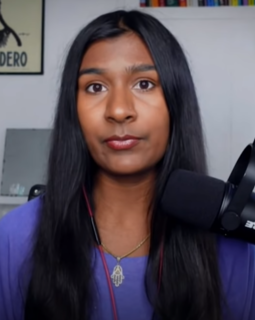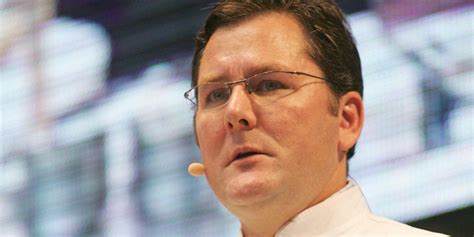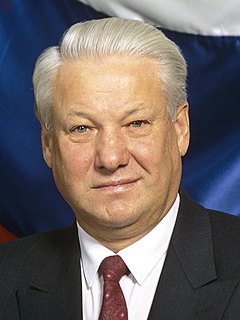A Quote by Ash Sarkar
Lots of us have been plugging away, building a platform to talk about libertarian communism and post-scarcity economics.
Related Quotes
My mother and my father taught me to look at the actual problem, not the face of it, not the veneer of it. So for me, I was never - I was impressed that it - racially, I was impressed, right, but now in America it's about economics, and it's been about economics, and honestly, everything's been about economics since I don't want to say the beginning of time, but it's been about economics for a long while.
The left portray Donald Trump as somebody that's a walking mental midget, that literally has no idea what he's done here by winning the presidency, that has no idea how to talk, has no idea how to behave. They continue to make the mistake of plugging him into their model. They're plugging him into what they think an accomplished politician is, and he's not that, he's never been that, and he's not going to be that. He doesn't want to a politician, successful or not. He is president and he's going to lead this country in the ways that he's being very open and honest about.
As I talk about strengths and weaknesses in academic economics, one interesting fact you are entitled to know is that I never took a course in economics. And with this striking lack of credentials, you may wonder why I have the chutzpah to be up here giving this talk. The answer is I have a black belt in chutzpah. I was born with it.
In a wild and diverse democracy each of us should be trying to talk to lots and lots and lots of people outside of our own kind of comfort zone and community, and that injunction goes even further for political leaders. They should talk to everyone, they should listen to everyone, and at the end of the day they should have a mind of their own.































